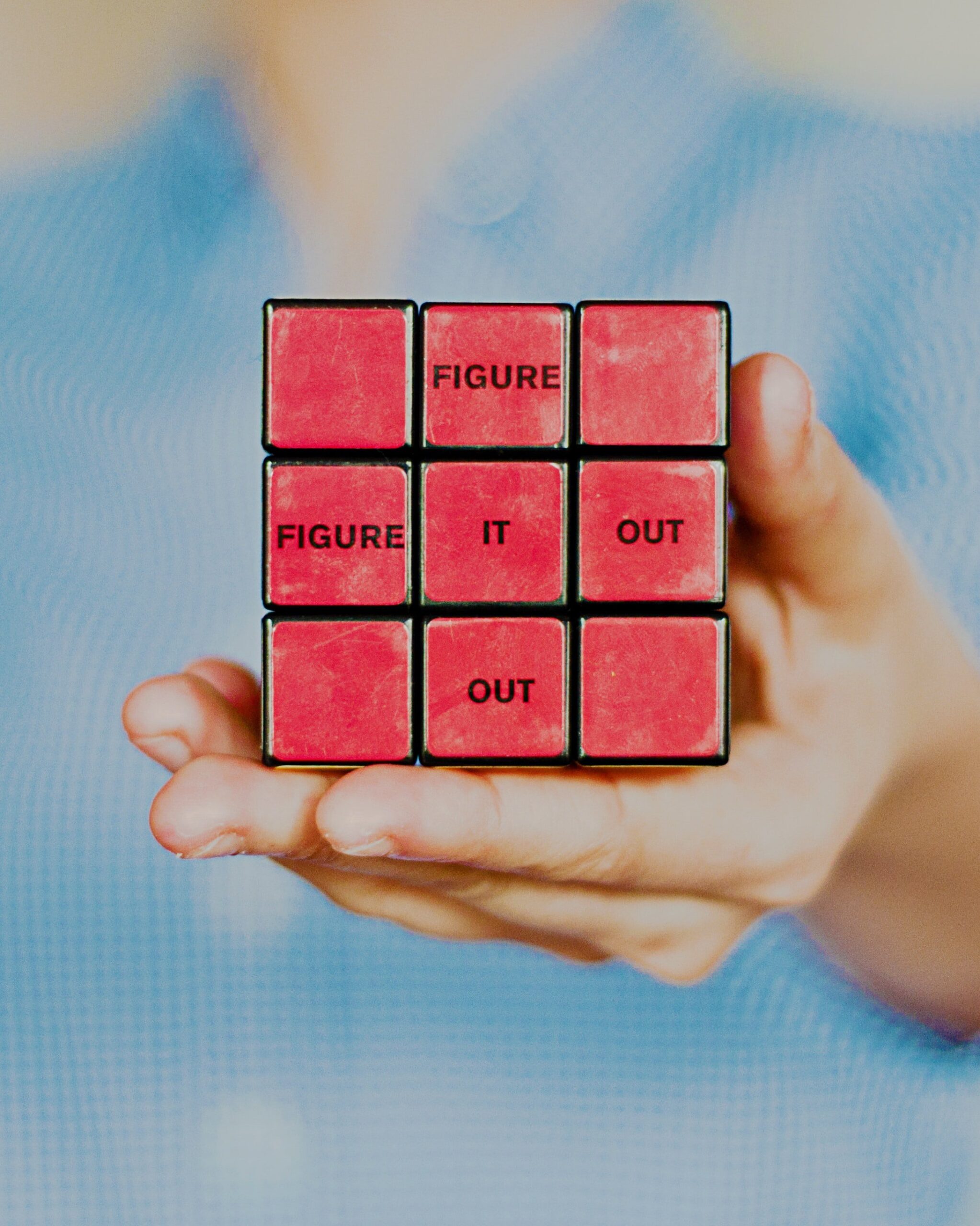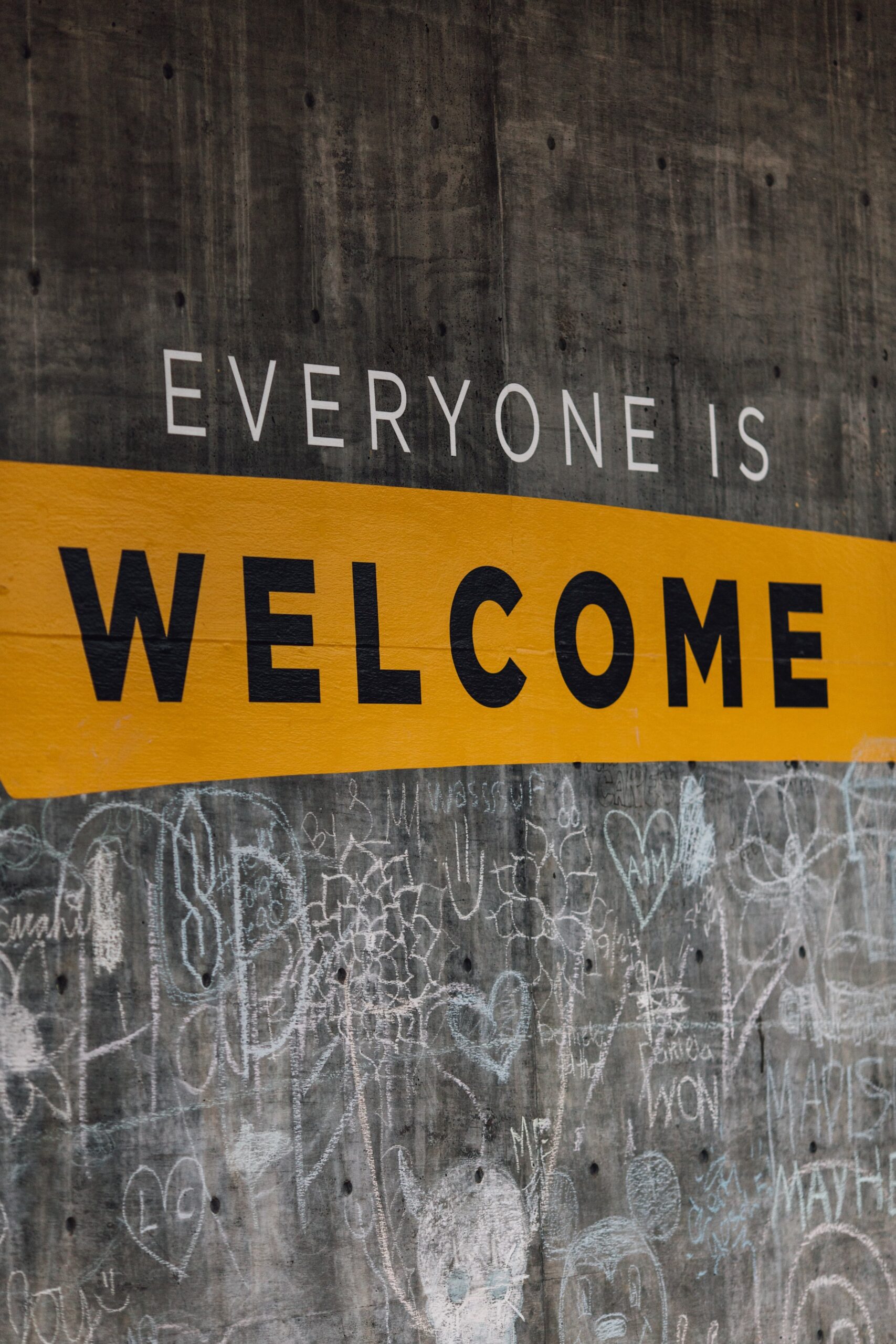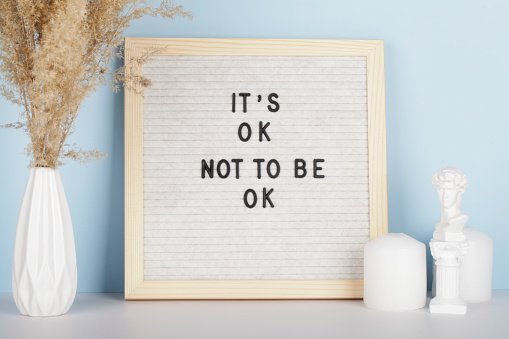Anxiety

It is never easy when a friendship ends. It could have happened one of two ways, either you were the one to end it, or your former friend decided to. And it was likely due to so many reasons, either the friendship was toxic, codependent, a significant event, the relationship just drifted apart, etc. Romantic breakups are more talked about than friendship breakups, but they happen to everyone, and they can hurt just as bad.

Everyone has an understanding that having a strong self-esteem is important, but actually establishing positive self-esteem can be difficult. When we have higher self-esteem, not only do we feel better about ourselves, we become more resilient too. Another benefit of positive self-esteem is being less vulnerable to anxiety, due to reduction in the release of cortisol (the stress hormone).

We may have all heard the term “problem-solving” but I wonder how many people actually know the steps in the process. If you ask someone how to solve a problem, they may say something like “just find what works” or “figure out the problem before trying to solve it” and just like how the average person could change the brakes on their car, an experienced mechanic will know all the basics just as well as they would know all the subtleties and best practices that would take the process from just working to working optimally. I am sure that many people reading this could say that they have solved countless problems in their lives, but to have a step-by-step guide on an effective method of doing so may yet be useful.

It is common to feel nervous during social situations, but if you have social anxiety, everyday activities can be challenging. You may feel self-conscious and struggle with self-esteem. There are several ways to cope with social anxiety. Here are some tips to help you feel better and manage the day.

When one hears the word acceptance, it can bring up different definitions in different people. For example, many think that the term acceptance means viewing something as okay or that you are actively allowing it to be. This definition may be fitting for communicating these ideas but in the context of therapy, the term acceptance is used differently. In Dialectical Behavioral Therapy, acceptance is a large part of the process of change and is a difficult skill to master. In this context acceptance (sometimes used in the term Radical Acceptance) can be the most powerful tool in building your mental health throughout your life.

When a loved one is struggling with mental health or life difficulties, and they come to you for support it can be hard to know how to navigate the conversation or how to respond. Sometimes, it is instinctual to jump into “fix it” mode with advice or to become overly positive. While this can be helpful at times, it can also be a strength to provide validation or to be a comforting presence. Providing validation does not mean that you necessarily agree with this person, rather it is taking the time to learn about the emotions, show respect, and express acceptance. The following are some helpful tips for providing support and emotional validation for a loved one.

Take a minute to pause and evaluate your own social media usage. Do you find yourself becoming upset if you do not receive a specific amount of likes or comments? Have you ever altered a photo to fit a certain image? Or, have you been more consumed with getting the perfect post than being able to enjoy the moment? If you find yourself answering yes or taking too much time to think of an answer, you may need to reevaluate your social media usage. The following are some tips to utilize for social media without it becoming harmful.

Forty or more hours a week, 9 am to 5 pm or later, short breaks then back at it again. Sound familiar? Many jobs have this format but a growing number (particularly after the pandemic) are adopting a different format and requiring workers to figure out solutions to new challenges. Whether you are a restaurant server, warehouse supervisor, or a CEO, the idea that a job or a career is a regular and necessary part of life is built into our culture. Just think of the perceptions around the idea of being “unemployed” or “jobless” or how many times you may have heard growing up things like “you need a job” or “no one likes to work, but you have to do it.” From the time you begin to work until retirement, it is assumed that everyone needs to work a job in order to achieve. It is here where many people struggle with the idea of sacrificing so much of their time to a job when their values would suggest a different use of their time and energy. There are also many people who place themselves in their job or career doing what they love and where their values agree with how they use their time. Now here is the $50,000-a-year question (before taxes); How in the heck do you figure out what is right for you?

Summer is quickly approaching which can bring up mixed emotions for students. There is the excitement for warm weather, field trips, prom, and the end of the school year. But this also means the stress of final exams, end-of-the-year projects, and the anticipation of finding out grades and GPA for the year. Sometimes, the stress can be unmanageable, and overwhelming, and make it difficult to even feel excited about the good times that come with the end of the year. As a parent, it is important to be mindful of the stress that your child may be experiencing during this time of year in providing support and not placing excessive pressure on academic performance.

Sleep is essential and it allows your body and mind to recharge, to feel refreshed and alert. Good sleep hygiene helps the body remain healthy and improves your immune system. Without proper sleep, the brain can not function properly. Keep reading for tips on getting better sleep.